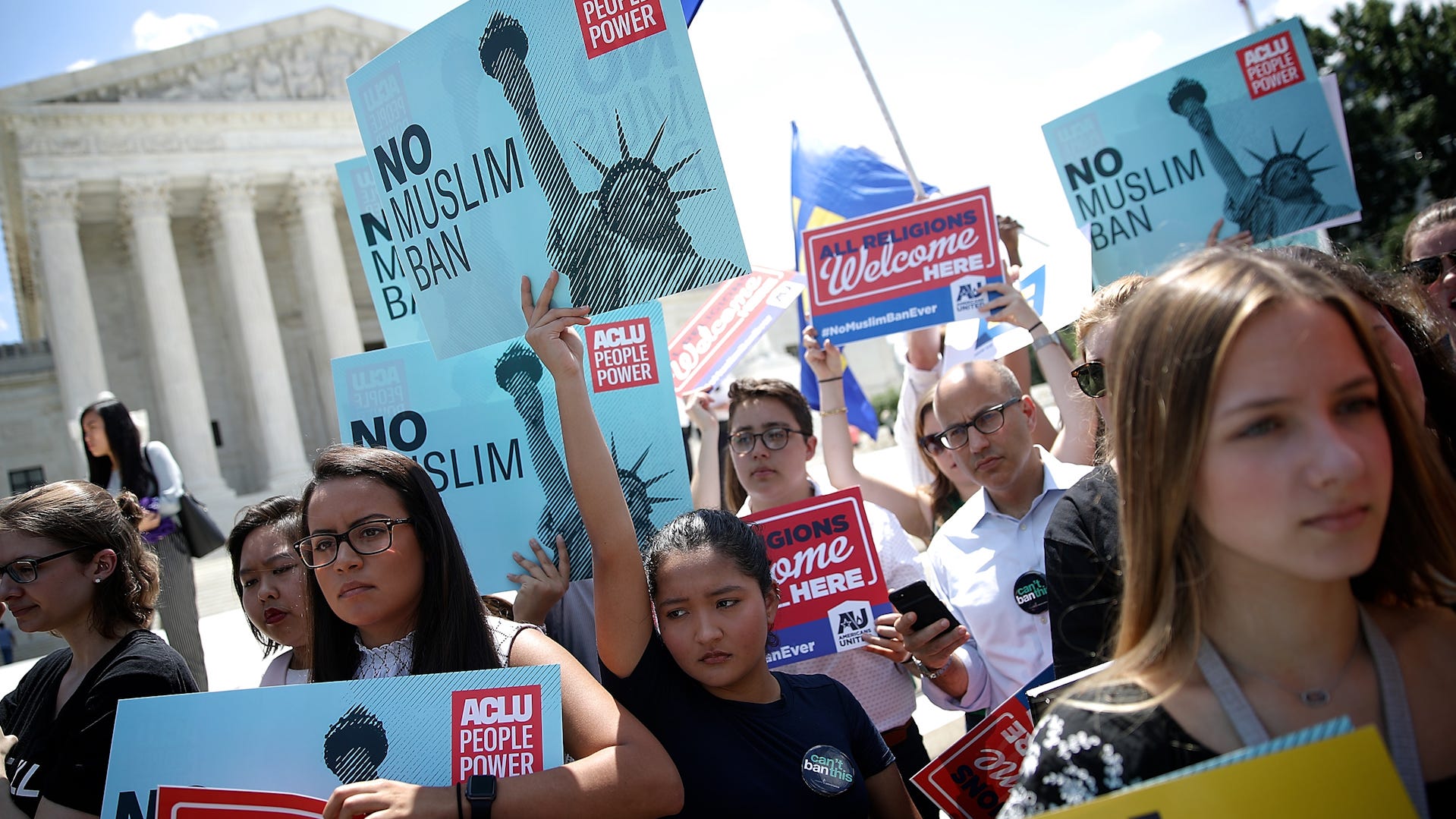Did Venezuelan deportations defy a judge's order? See timeline of how it all played out.

WASHINGTON – Lawyers representing nearly 300 Venezuelans deported under President Donald Trump’s invocation of the 1798 Alien Enemies Act said in a court filing Monday the deportation flights may have come after a judge ordered the removals halted.
Based on their departure times, the flights were in the air when Washington, D.C. Chief U.S. District Judge James Boasberg ruled that they should return to the U.S. while the case was litigated. But they continued to their destinations in Honduras and El Salvador.
Lawyers for the Venezuelans alleged the flights were "a blatant violation" of the judge's order, if that was the timeline. Government lawyers said that "some gang members subject to removal under the Proclamation had already been removed from United States territory" at the time of the ruling.
Tom Homan, Trump's border czar, told reporters Monday that dangerous gang members were removed. “We removed terrorists. That should be a celebration," Homan said. “I stand by with what the president did.”
Here is a chronology of how events unfolded:
Trump invoked the Alien Enemies Act on Friday by signing a proclamation, but didn't give a speech explaining the decision.
The Alien Enemies Act was then used to justify deportation of alleged members of Venezuela’s Tren de Aragua gang, who Trump argued had invaded the U.S. with criminal activity.
"This is a time of war, because Biden allowed millions of people, many of them criminals, many of them at the highest level, they emptied jails out,” Trump told reporters Sunday. “That's an invasion. They invaded our country.”
Five Venezuelans, who denied being members of the gang, filed a lawsuit Saturday to block their deportation based on the 1798 act previously invoked only during the War of 1812, World War I and World War II. The Alien Enemies Act allows the deportation without a hearing of any non-U.S. citizen from the designated enemy country to hasten the removal of citizens of enemy countrie during wartime. The law was part of the justification for detaining German, Japanese and Italian descendants during World War II.
Judge Boasberg in Washington, D.C. temporarily blocked the deportation Saturday morning of the five while the case is litigated.
Two deportation flights left Harlingen, Texas: at 5:26 p.m. Eastern headed to Comayagua, Honduras, and at 5:45 p.m. Eastern headed to San Salvador, El Salvador, according to a filing by lawyers for the American Civil Liberties Union and Democracy Forward Foundation. The flights landed at 7:36 p.m. Eastern and 8:02 p.m. Eastern, respectively.
He held a 5 p.m. hearing where he expanded his order to block the deportation of any Venezuelans under the Alien Enemies Act, Boasberg’s oral order to turn around planes headed to other countries came between 6:45 p.m. and 6:48 p.m. Eastern, according to the lawyers.
The judge said during the hearing that “any plane containing these folks that is going to take off or is in the air needs to be returned to the United States.”
Government lawyers said in a filing Sunday the five initial plaintiffs weren't deported. The filing said Boasberg’s order was published in the online court docket Saturday at 7:26 p.m. Eastern and that “some gang members subject to removal under the Proclamation has already been removed from United States territory” before the second, oral order.
“All of the planes subject to the written order of this judge departed U.S. soil – U.S. territory – before the judge’s written order,” White House press secretary Karoline Leavitt told reporters Monday. “There is actually questions about whether a verbal order carries the same weight as a legal order. Our lawyers are determined to ask and answer those questions in court.”

Leavitt said in a statement Sunday that nearly 300 alleged members of Tren de Aragua were "extracted and removed to El Salvador where they will no longer be able to pose any threat to the American People.”
Lawyers for the Venezuelans asked Boasberg to review whether the government complied with his order because the flights were apparently still in the air at the time he spoke.
“If that is how the government proceeded, it was a blatant violation of the Court’s Order,” the lawyers wrote.
The government asked the D.C. Circuit Court of Appeals to halt Boasberg’s order, with written arguments due Tuesday from the Venezuelans and Wednesday from the government. Boasberg postponed his next hearing in the case until Friday.